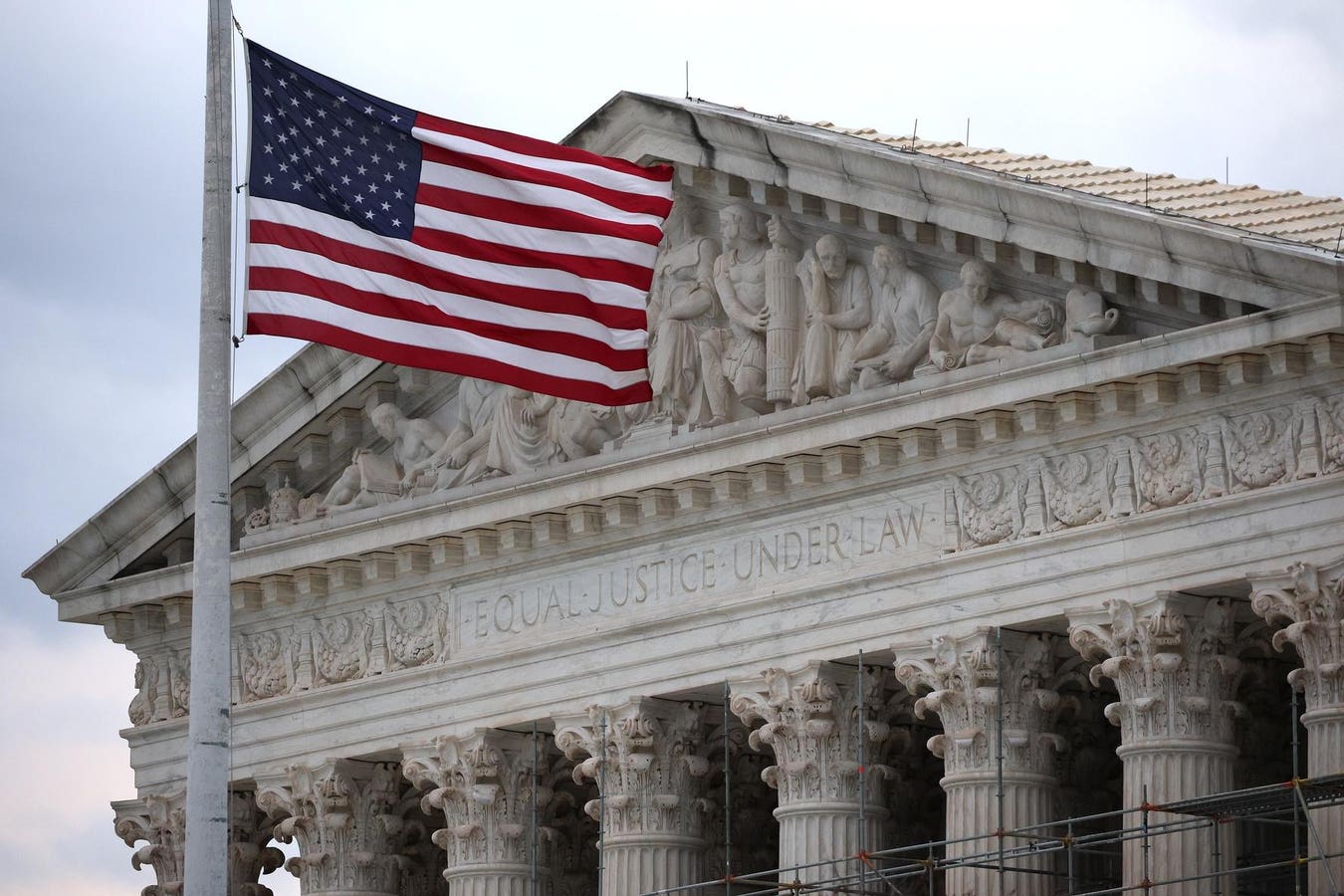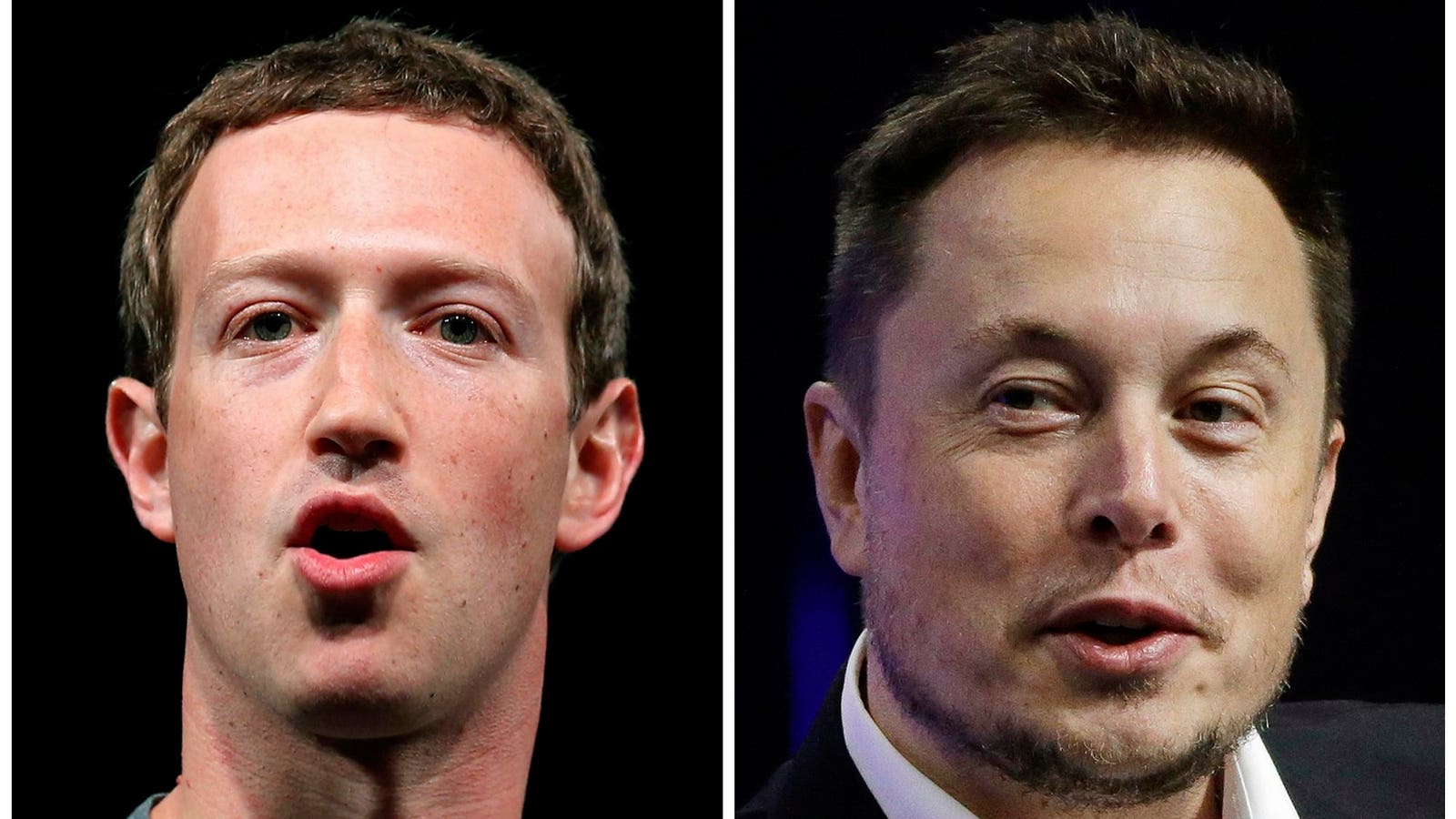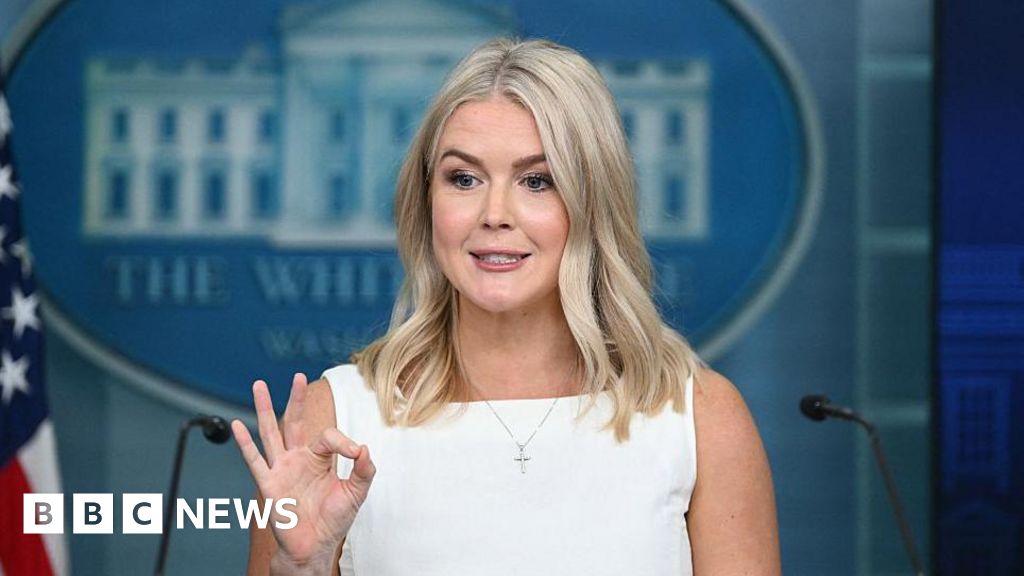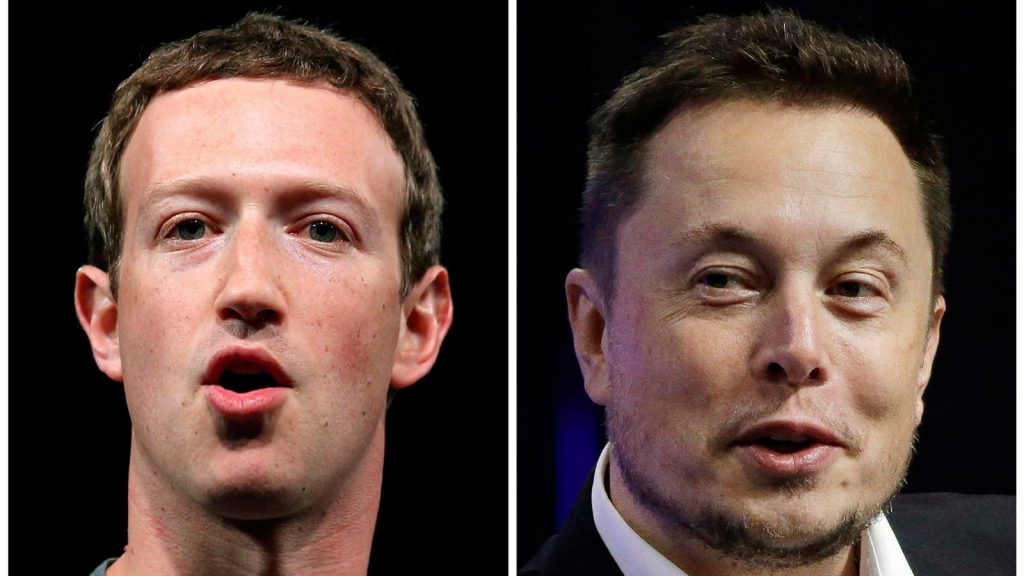Topline
The Supreme Court sided with the Trump administration Thursday, allowing it to proceed with the cancellation of National Institutes of Health grants related to diversity initiatives that President Donald Trump has sought to dismantle in his second term.
The Supreme Court handed down the ruling Thursday afternoon. (Photo by Win McNamee/Getty Images)
Getty Images
Key Facts
The Supreme Court partially lifted a district judge’s ruling that claimed the termination of the grants was illegal, with Justice Amy Coney Barrett writing the NIH will “not fund research related to DEI objectives, gender identity, or COVID–19.”
The Supreme Court voted 5-4 in favor of the Trump administration, with Chief Justice John Roberts dissenting alongside Justice Sonia Sotomayor, Justice Elena Kagan and Justice Ketanji Brown Jackson.
Barrett added the lower district court “likely lacked jurisdiction to hear challenges to the grant terminations, which belong in the Court of Federal Claims.”
The plaintiffs, which include multiple states and health advocacy organizations, have said the cuts will impact research on Alzheimer’s, breast cancer and suicide, and result in “incalculable losses in public health and human life.”
Trump administration lawyers pointed out grants funded studies on “Buddhism and HIV stigma in Thailand” and “controlled puberty in transgender adolescents.”
Get Forbes Breaking News Text Alerts: We’re launching text message alerts so you’ll always know the biggest stories shaping the day’s headlines. Text “Alerts” to (201) 335-0739 or sign up here.
What To Watch For
The Supreme Court’s partial ruling is not the end of the case, as it said recipients of the grants could try to secure the money in a different court.
Chief Critic
Roberts disagreed with Barrett, writing in a dissenting opinion the district court had the authority to rule on grant terminations. Jackson blasted the high court in her opinion, writing, “With potentially life-saving scientific advancements on the line, the Court turns a nearly century-old statute aimed at remedying unreasoned agency decision making into a gauntlet rather than a refuge.”
Key Background
The NIH has a nearly $48 billion budget, most of which goes toward research conducted at 2,500 universities, medical schools and other institutions, making it the largest public funder of medical research in the world. The NIH announced its DEI-related grant cuts in February. The cuts were made to align with a series of Trump executive orders targeting DEI initiatives throughout the government and major companies in the private sector. The district judge who blocked the reductions said the NIH “simply moved too fast and broke things, including the law.” The NIH also laid off 1,165 workers near the start of the year as the Trump administration began its sweeping reduction of the federal workforce. The effort has resulted in the laying off or targeting for laying off of some 51,000 federal workers as of July, according to a CNN data analysis.











